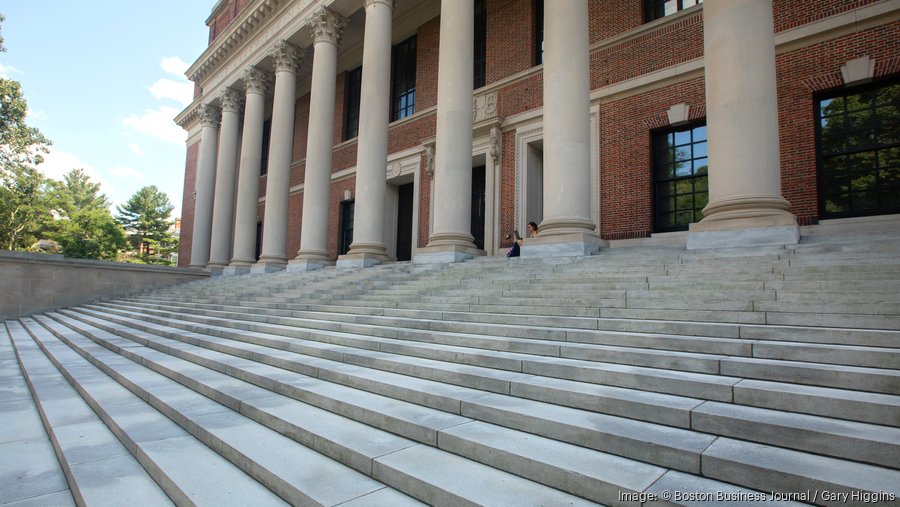Campuses around the nation are adjusting plans and adding booster-shot requirements in reaction to the rapidly spreading Omicron variant, which now threatens the upcoming semester.
Already, several colleges, including Harvard University, Emerson College in Boston, DePaul University in Chicago, the College of New Jersey, University of Washington and Stanford University in California and are transitioning some January operations and courses to remote formats while more schools consider such a move.
Harvard was one of the first to say that it plans to operate remotely during the first three weeks of January. The Cambridge, Massachusetts, university said it plans to return to “more robust on-campus activities” later in January, public health conditions permitting.
“We do not take this step lightly,” Harvard officials wrote in a letter to the community.
While wealthy schools like Harvard and Stanford can afford to move some, or all, of the semester online out of an “abundance of caution,” most colleges and universities do not have large endowments to potentially help offset further losses of auxiliary and tuition revenue. While CARES Act funding helped institutions weather the Covid-19 pandemic, higher-ed experts said the federal relief acted as a band aid for financially struggling institutions that depend on tuition and other student fees to fund operations. Another semester of remote learning, even if it’s temporary, could be existential for small regional schools that have struggled to maintain enrollments and have already made drastic cuts to keep the doors open.
"With case numbers starting to spike and even more political polarization around how to respond, colleges are going to be in a really tough spot," said Robert Kelchen, professor and department head of educational leadership and policy studies at the University of Tennessee, Knoxville.
But Omicron is already disrupting campuses’ plans and may prove to be unavoidable. Cornell University in Ithaca, New York, shut down its campus earlier this month amid rising Covid-19 case counts. The university reported 1,068 positive cases between Dec. 10 and Dec.16, bringing its community positivity rate up to 7.4%, according to the school's Covid-19 dashboard. Likewise, Georgetown University in Washington, D.C., Princeton University in New Jersey and Middlebury College in Vermont transitioned final exams to remote formats to mitigate the spread of the virus and encourage students to go home early. All eyes are now on how schools will handle the spring semester. The Centers for Disease Control and Prevention earlier this week said that the Omicron variant now accounts for about 73% of recent Covid-19 cases.
“You’re starting to hear some rumblings of other schools that are now thinking about starting the spring semester off in a virtual format,” said Kelly Hermann, vice president of accessibility, equity and inclusion at the University of Phoenix.
Indeed, officials from several more colleges including The Pennsylvania State University and University of Southern California recently warned their respective communities that the spring semester could start remotely.
"Penn State plans to begin the semester in person as planned, however with local Covid-19 hospitalizations at an all-time high, and the uneven spread of the omicron variant creating uncertainty, Penn State officials are reminding the University Park campus community, out of an abundance of caution, to be prepared to alter plans, should the University need to start the spring semester remotely,” the university said in a recent statement.
Penn State plans to update its community on Dec. 30.
What’s more, colleges of all sizes including Duke University, University of Michigan, Carnegie Mellon University, the Massachusetts State University system and University of Delaware have announced requirements in recent weeks for students, faculty and staff to receive booster shots ahead of the spring semester to mitigate the spread of the virus. Many of these institutions reminded students and faculty to be prepared for further changes to the upcoming semester, depending on how the next couple of weeks go.
“If conditions worsen significantly and Omicron data changes, we’ll be ready to make further changes,” University of Michigan President Mark Schlissel wrote in a Dec. 17 update to campus.





